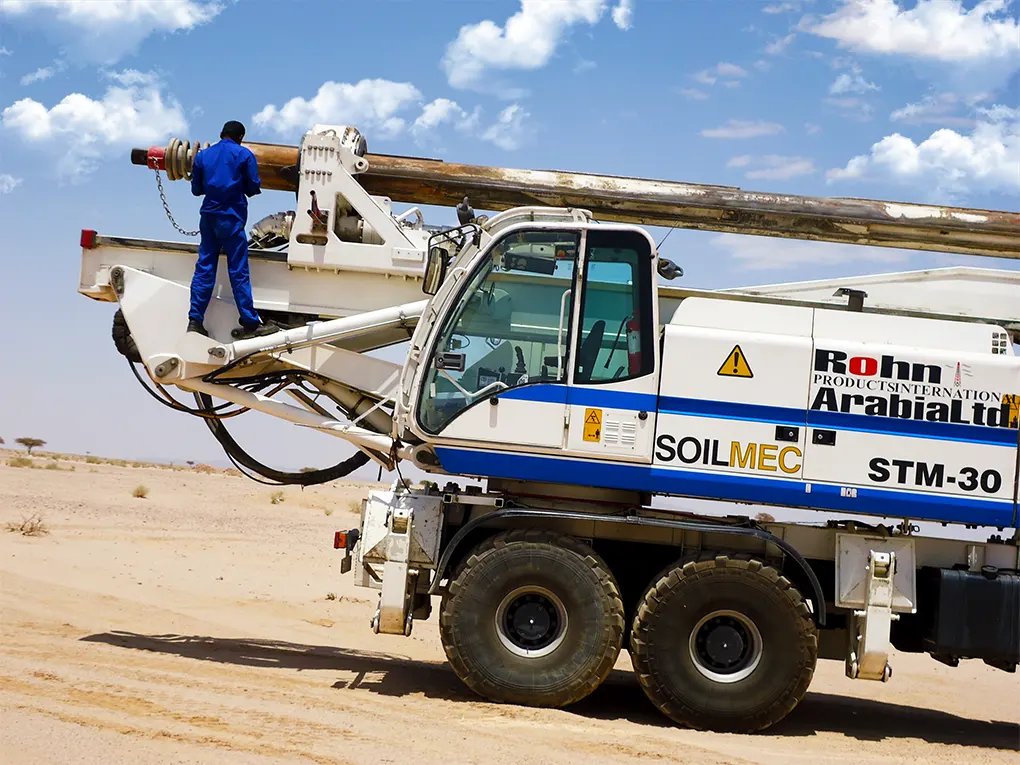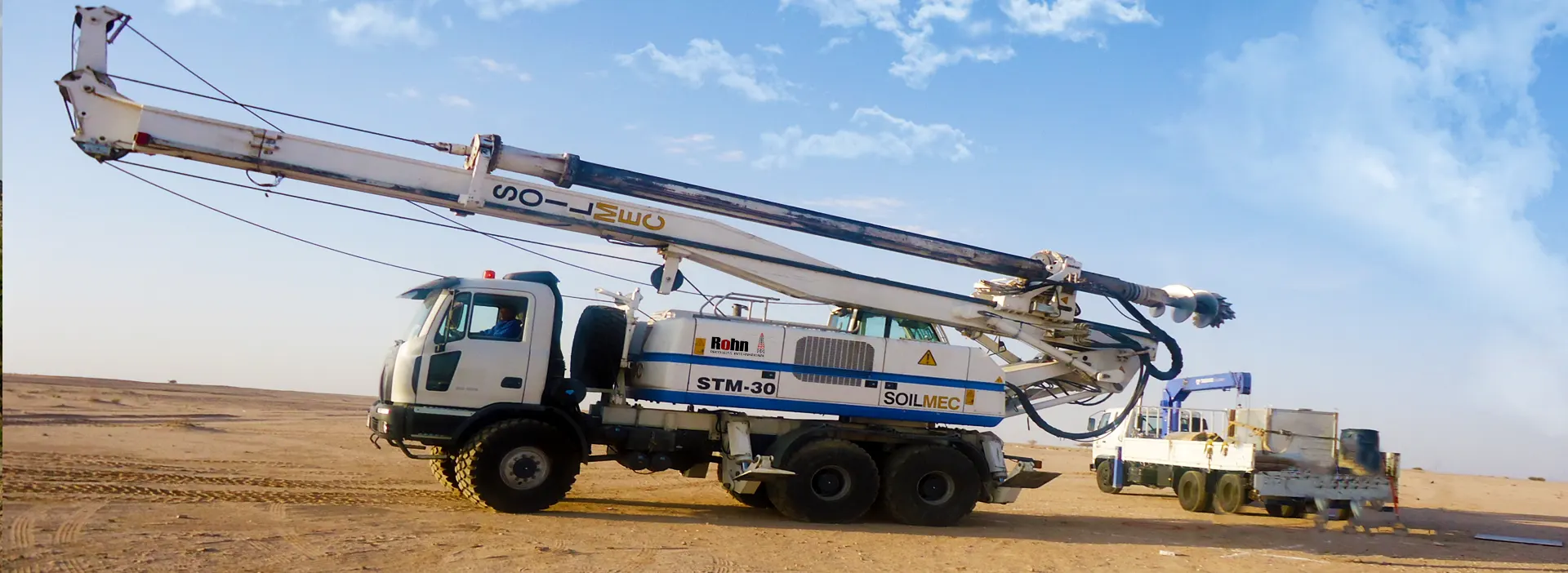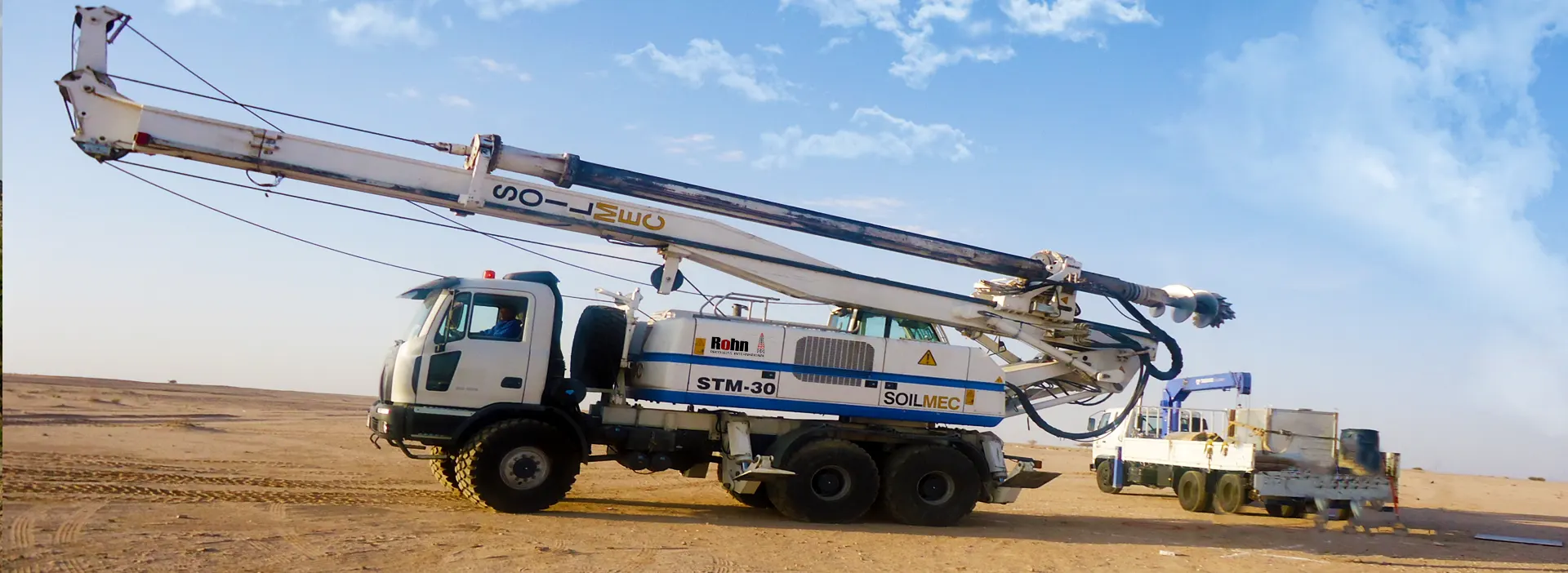RPI works with the client to manage rollout coordination and contractor problems. Towers and poles are invoiced after release to contractors on a weekly or monthly basis.
Due to the complex and varying nature of these projects, RPI has developed internal processes to streamline and safeguard potential risks and pitfalls that will occur if not properly managed in advance. The discussion of these is beyond the scope of this document.
Why the Integrated Support Solution?
Even with the best planning and procedures, all rollouts are subject to unplanned errors or changes that cause delays and downtime. The preliminary RF planning only provides a network overview that is subject to changes due to site acquisition and RF network optimizations. The RPI inventory plan is used to minimize delays due to changes in tower site assignments, or last minute load changes so on-hand inventory allows changes to be handled quickly and effectively.The inventory plan targets and supports three (3) main areas of the project.
- Design interface during pre-contract planning phase
- Logistical support during the contract implementation phase
- Technical support during the contract implementation phase
- RPI collaborates with the customer during the design phase to agree on design parameters, and to produce economical and standardized modular concepts while still maintaining the efficiency of the site designs.
- Early approval of the design concepts, providing production capacity and materials to be reserved at the factory. Identifying and agreeing on stock levels for typical tower components.
- The last element of the design interface phase is confirming with the customer the proposed rollout schedule and location of storage facilities.
Logistical Support
Employing experienced personnel that provide logistical support to maintain the minimum stock requirements during implementation is the heart of Integrated Tower Solutions.Trained personnel are responsible for quality and quantity checks of all materials arriving from the factory.On a site by site basis, the logistical support team issue appropriate tower packages for installation, to approved subcontractors.

Implementation Support
When it is time for construction, RPI provides tower erection staff for training of approved subcontractors during the start of the project. RPI consults local engineering expertise to provide site specific foundation designs, based on the soil parameters provided by the customer. We have coordinators that work within the customer implementation group who assist with any technical or logistical problems that may arise during the course of the project.
Tower Standardization
Standardization during design allows for the towers to be manufactured and supplied in modular configuration. This modular configuration minimizes the effects of changes in the site requirements, in the early stages of the project, and also reduces the amount of different components that are held in stock.
Time frame for Implementation
- The times described below are used as a general reference. Timelines depend on the size of the job and location.
- Initial engineering design period: 14 Days (excluding customer approvals).
- Initial production period: 14 days (production of approximately 20 towers).
- Sea freight from USA to Middle East/Asia: 17-26 days/LATAM 5-24 days.
- Typical foundation construction: 10-14 days (pier and pad in normal soil)
- Typical tower erection period: 5 days (40 meter tower, 3 legged tubular construction)

The RPI Integrated Tower Solution is based on the formation of a partnership between the customer and Rohn Products International. This allows for the unexpected, and keeps the customer focused on their core business while RPI handles the task of tower and site construction.
Rohn Products International, working together with the customer's rollout personnel, develops an inventory strategy based on various site locations and local conditions. Rohn Products International provides warehousing, free issue to the customer’s subcontractors, and provides supervisors to train in the proper procedures for installing Rohn foundations, steel, and accessories.
Rohn works together with the client to manage and coordinate the rollout and deal with any tower related problems the sub-contractors may be having. Towers and poles are invoiced after being released to contractors on a weekly or monthly basis.Due to the complex and varying nature of these projects, RPI has developed internal processes to streamline and safeguard potential risks and pitfalls that will occur if not properly managed in advance. The discussion of these is beyond the scope of this document.





